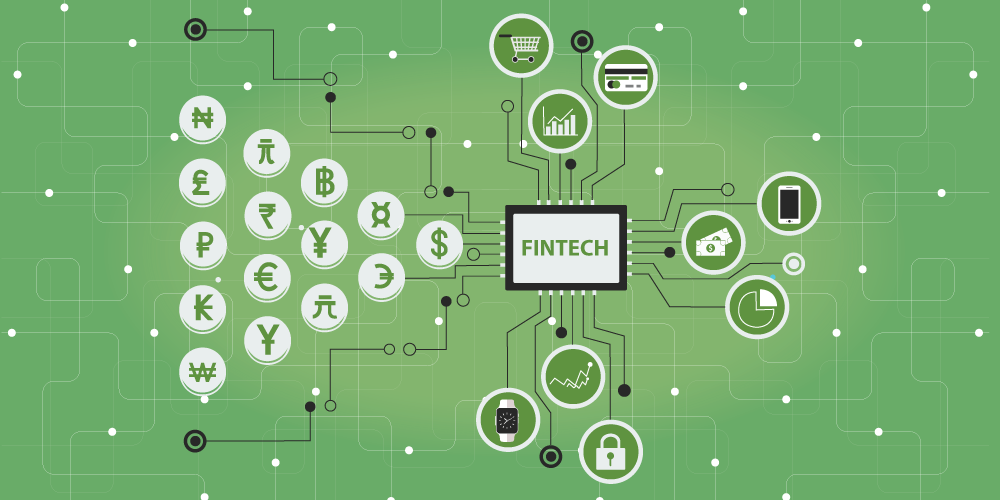It has been a long time since banks figured out paperless statements, online bill pay, and electronic funds transfers. After what seems like ages without much progress in banking technology outside of adding new apps for our phones, manyFintech companies are making a push to completely change banking and money management.
Fintech, or financial technology, is changing the game for virtually everyone connected to the money system. Let’s take a look at how FinTech is disrupting banking.
Table of Contents
ToggleSame Day ACH
When you send a payment online or get a payment electronically, you have undoubtedly come across a line of text explaining that transfers can take three to five days to complete. In an age of instant everything, banks can’t figure out how to send money the same day without a $20 wire transfer fee? Of course they can!
Dwolla explains the newest updates to the ACH system in its guide, linked below:
It’s important to note that while all banks must be able to receive Same Day payments from other banks and credit unions, offering origination capabilities and products to customers is voluntary. In other words, all banks must accept Same Day transfers, but not all banks are required to offer services to send them.
Same day bank transfers were rolled out in the United Kingdom almost a decade ago. NACHA, the regulatory organization responsible for the ACH system, announced efforts for faster transfers two years ago. However, very few banks are actually implementing faster transfers. We can expect improved transfer times when working with businesses through 2018, but it is a movement of FinTech companies trying to bring that same speed to consumers today.
Fintech is Disrupting Banking for the Unbanked
Digital wallets are a key concept in bringing financial services to the unbanked and underbanked. An entire cash economy exists in the United States, and many other parts of the world. While it is great for people to be able to operate with cash, living cash only prevents working with mainstream businesses like insurance companies and other financial institutions that utilize a cashless operation.
Digital wallets are a bride to bring cash only consumers to some level of digital money use. Going into major retail and convenience stores and chains like Walmart, 7 Eleven, and the local grocery store gives opportunities to turn cash into digital currency that can be used for online purchases, digital funds transfers, and other parts of the banking system. Make sure your business can accept digital wallet payments too!
Interactive banking bots
Penny, tell me about my spending at restaurants. While I can’t ask my digital personal finance assistant for help with the same ease of my Google Home, I can tap a button on my phone to get insights into my finances from a bot on my phone named Penny. While Penny is only mildly useful today, she shows a lot of promise as more features are added in the future.
Multiple large banks have added bot features to their customer service toolset, and there is no limit to how far it can go. Just a few months ago at LendIt I captured a video of someone asking a computer for help picking a credit card. This technology isn’t something out of science fiction, it already exists today.
FinTech is not slowing down
Whether we like it or not, outside of hermits living in the mountains, money is an integral part of our daily lives. With billions of potential customers around the world, FinTech is not going anywhere. Over $36 billion were poured into FinTech ventures in 2016 alone, and about a quarter of that went to banking related ventures. Payments, investments, and wealth management were other major categories for 2016 FinTech investment.
2017 is promising for IPOs, new startups, and more in the world of FinTech and banking tech. I, for one, am excited to see what comes with how is disrupting banking.
















